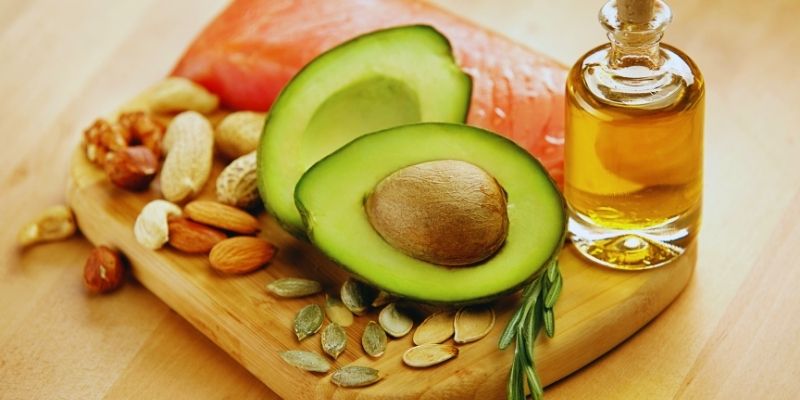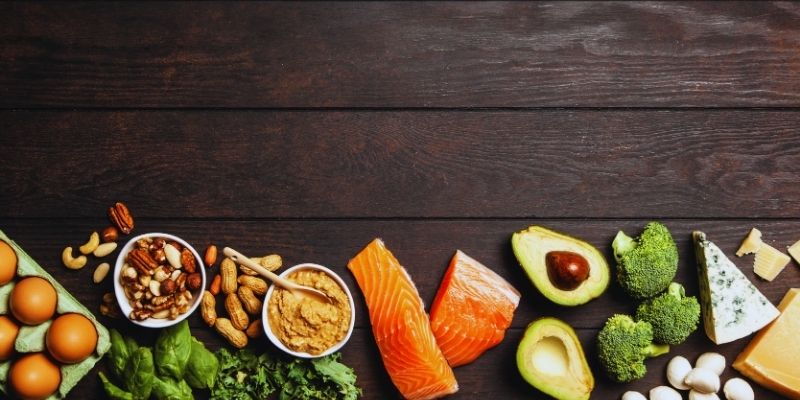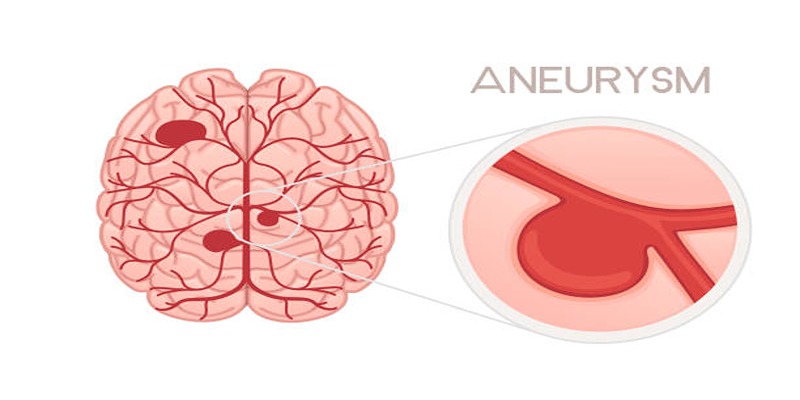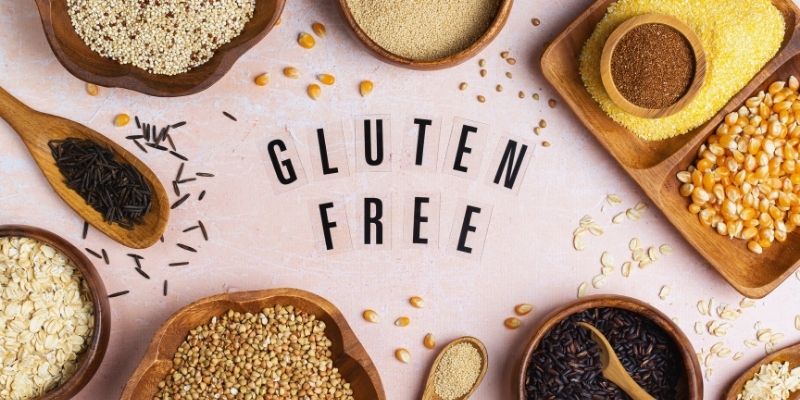Adopting a ketogenic diet means relying heavily on fats for daily energy. Maintaining energy and promoting fat loss depends on healthy ketogenic fats. Eating the right fats helps your body enter ketosis faster, reducing hunger and increasing fat burn. Good fats also support brain health and reduce inflammation. However, not all fats are equal. Some contribute to inflammation and weight gain, while others enhance overall well-being.
Understanding which fats benefit your ketogenic goals is key. The best sources come from natural, unprocessed foods like avocados and olive oil. Always choose quality over quantity. This guide explores optimal fats for ketogenic diet success, where to find them, and how they support your energy, focus, and long-term health.

Saturated Fats: Solid Building Blocks of Keto
A ketogenic lifestyle benefits much from saturated fats. These fats mostly come from animal products like meat, butter, and cheese. Saturated fats also abound in palm and coconut oils. Though studies now show their advantages in moderation, many people think saturated fats are bad. They cook without oxidizing readily and offer a consistent energy supply. For ketogenic cooking, it makes them perfect for fries and baking.
Furthermore, these lipids support hormone production and brain activity. Grass-fed butter and fatty cuts of beef are healthier options due to their higher nutrient content. Where at all possible, always choose organic or pasture-raised products. Including saturated fats in your diet brings taste and variation. For maximum health, balance them with other fats. Recall that processed fats are far inferior to whole-food saturated fats. Avoid fast food or low-quality meat' fats. Emphasize good, ketogenic fats that support long-term health.

Monounsaturated Fats: Heart-Healthy Keto Favorites
Well-known for boosting heart health and lowering harmful cholesterol levels are monounsaturated fats. Foods high in these fats include almonds, avocados, olive oil, and macadamia nuts. Anyone on a ketogenic diet will find these to be an ideal fit. Monounsaturated fats remain liquid at normal temperatures, unlike saturated fats. For cold foods and salad dressings, that makes them fantastic.
Additionally, these are high in antioxidants and vitamin E and are ketogenic healthy fats. Eating them helps to manage blood sugar and lessens inflammation. For the greatest quality and nutrients, use extra virgin olive oil. Drizzling over vegetables or utilizing homemade sauces is perfect for it. Another great choice because of their potassium and fiber is avocados.
Polyunsaturated Fats: Omega-3 and Omega-6 Balance
Many physiological systems depend on polyunsaturated fats. One among these lipids is omega-3 and omega-6 fatty acids. Your body cannot create them; you must obtain them through your diet. Omega-3s enhance heart health, assist in lowering inflammation, and boost brain function. They abound in fatty fish, including mackerel, sardines, and salmon. Good sources also are walnuts, chia seeds, and flaxseeds. Poultry, eggs, and some nuts all have omega-6 fats.
Modern diets, however, can call for too many omega-6s and inadequate omega-3s. That disparity can cause inflammation and other medical problems. Emphasize raising omega-3 consumption on a ketogenic diet. Opt always for organic seeds and wild-caught seafood. Steer clear of processed vegetable oils, heavy in damaging omega-6s. These cover soybean, corn, and sunflower oils. For keto, healthy fats should support general wellness and help avoid inflammatory reactions. Better energy and mental clarity follow from maintaining omega fats in balance.
MCTs and Coconut Oil: Quick Keto Energy Boosters
Special fats, medium-chain triglycerides (MCTs), are rapidly absorbed and turned into energy. Naturally occurring in coconut and palm kernel oils, they are popular among those on the ketogenic diet, and MCT oil is also a supplement. These ideal fats for ketogenic diets increase brain clarity and help generate ketones. MCTs are perfect for someone looking for a quick energy source free of increasing blood sugar.
MCT oil can be included in coffee, smoothies, and salad dressings. Lauric acid is included in coconut oil to boost the immune system's function. Cooking is ideal because it is also stable at high temperatures. For best quality, always use virgin, unrefined coconut oil. MCTs have advantages, but balancing is everything. Use them in concert with whole-food fat sources. Never rely just on supplements to meet your fat consumption. Eating a range of good fats guarantees your body receives all the required nutrients.
Nuts and Seeds: Compact Sources of Keto Fats
A great method to include good fats for keto in your meals is nuts and seeds. They abound in polyunsaturated and monounsaturated fats. Among the better selections are almonds, macadamias, walnuts, chia, flax, and pumpkin seeds. Along with minerals and antioxidants, these meals provide fiber. That promotes general energy levels, heart health, and digestion. While seeds can be mixed into salads, smoothies, or yogurt, nuts make excellent snacks.
Remember portions; nuts are calorie-dense and easy to overindulge in. Keep to raw or dry-roasted forms free from added sweeteners or oils. Steer clear of flavored or salted products since they can have unwelcome ingredients. Check your intake; some nuts, such as cashews, have more carbohydrates. For best effects, choose variants low in net carbohydrates. To keep freshness, store them in cool, dry conditions. Including these ketogenic fat sources will increase the variety and satiety of your meals.
Fats to Avoid on Keto: Unhealthy and Inflammatory Oils
A ketogenic diet calls for not all fats. Some can compromise your health even if they align with your macro goals. Avoid commercial seed oils like cottonseed, soybean, corn, and canola. They are often heavily processed and loaded with destructive omega-6 fatty acids. They can aggravate inflammation and increase a person's risk of chronic illnesses. Even worse, and usually found in margarine, fried foods, and processed snacks are trans fats.
Avoid anything with "partially hydrogenated" oils; always closely read labels. These lipids could compromise cardiac function and slow down weight loss. Also, be careful with quick food and restaurant cuisine, which frequently call for cheap oils. Stay with whole-food, natural fats, including avocado, olive, and butter. Healthy fats should nourish your body and help it heal for ketogenic diets. You will get better outcomes the cleaner your fat sources are. Choose deliberately for long-term health and ketogenic success.
Conclusion
Choosing the right fats on a ketogenic diet promotes energy, mental focus, and long-term health. Focus on ketogenic fat sources like olive oil, coconut oil, avocados, and nuts. These healthy fats help your body stay in ketosis while supporting heart and brain function. Avoid low-quality oils and processed trans fats that can slow your progress. Smart fat choices yield better results. Stick to whole-food sources and always check labels for hidden ingredients. A successful ketogenic plan includes enough fat and the right fat for real health benefits.












